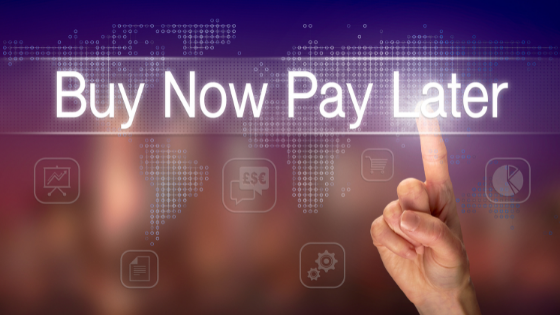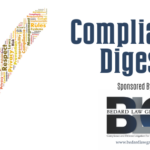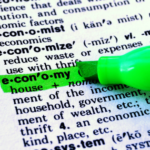There is a quote from Sun Tzu that has been bastardized into “know thy enemy,” but the full quote is “If you know the enemy and know yourself, you need not fear the result of a hundred battles. If you know yourself but not the enemy, for every victory gained you will also suffer a defeat. If you know neither the enemy nor yourself, you will succumb in every battle.” Consumers are not the enemy of collectors, but if you substitute “enemy” for “consumer” and “battles” for “calls” the saying still holds true. The more you know about a consumer and his or her situation, the more likely you are going to be able to develop a plan that gets a debt repaid. The Consumer Financial Protection Bureau yesterday released a report that looked at the financial profile of individuals using Buy Now, Pay Later services, and the information is insightful on its own and may be useful to collection operations who are either collecting this type of debt or are looking for insights into consumers’ financial situations.
A copy of the report can be accessed by clicking here.
Individuals who use BNPL services, for example, are more likely to have lower credit scores, and more likely to be delinquent on some form of credit than those who do not use Buy Now, Pay Later services. Nearly 20% of BNPL users are delinquent on their credit cards, auto loans, student loans, mortgages, personal loans, or a retail credit card, compared with 7% of non-BNPL users.
Buy Now, Pay Later users, on average, have nearly $12,000 less in non-retirement savings and cash than BNPL users, and have $4,000 less in credit card liquidity.
The data led the CFPB to conclude that a Buy Now, Pay Later borrower exhibits “higher measures of financial distress,” such as having overdraft issues, taking out payday loans, and having used more of their available credit card balances than non-users. The report did point out that many of the financial problems being felt by BNPL users originated before the consumers started using the product.
“A common misconception of Buy Now, Pay Later borrowers is that they lack access to other forms of credit. Our analysis shows that these borrowers are more likely to use other credit products,” said CFPB Director Rohit Chopra, in a statement. “Since Buy Now, Pay Later is like other forms of credit, we are working to ensure that borrowers have similar protections and that companies play by similar rules.”









